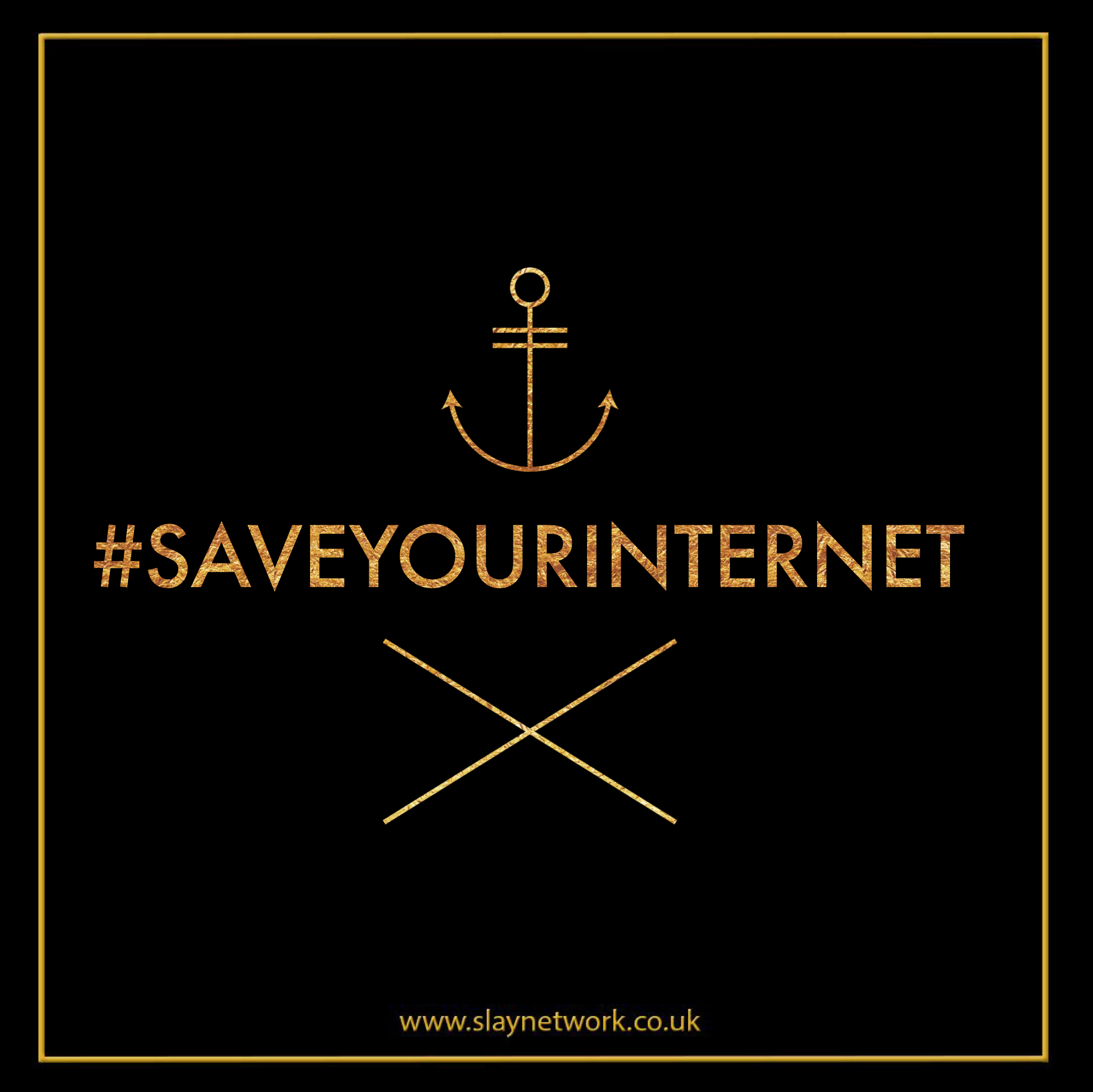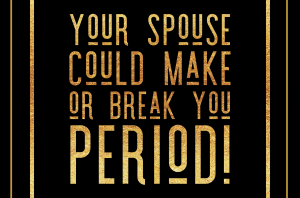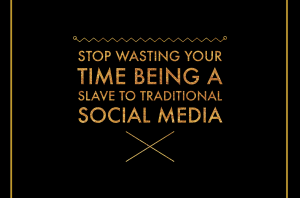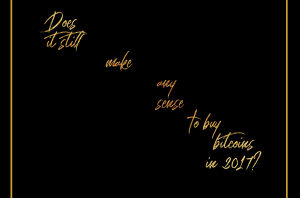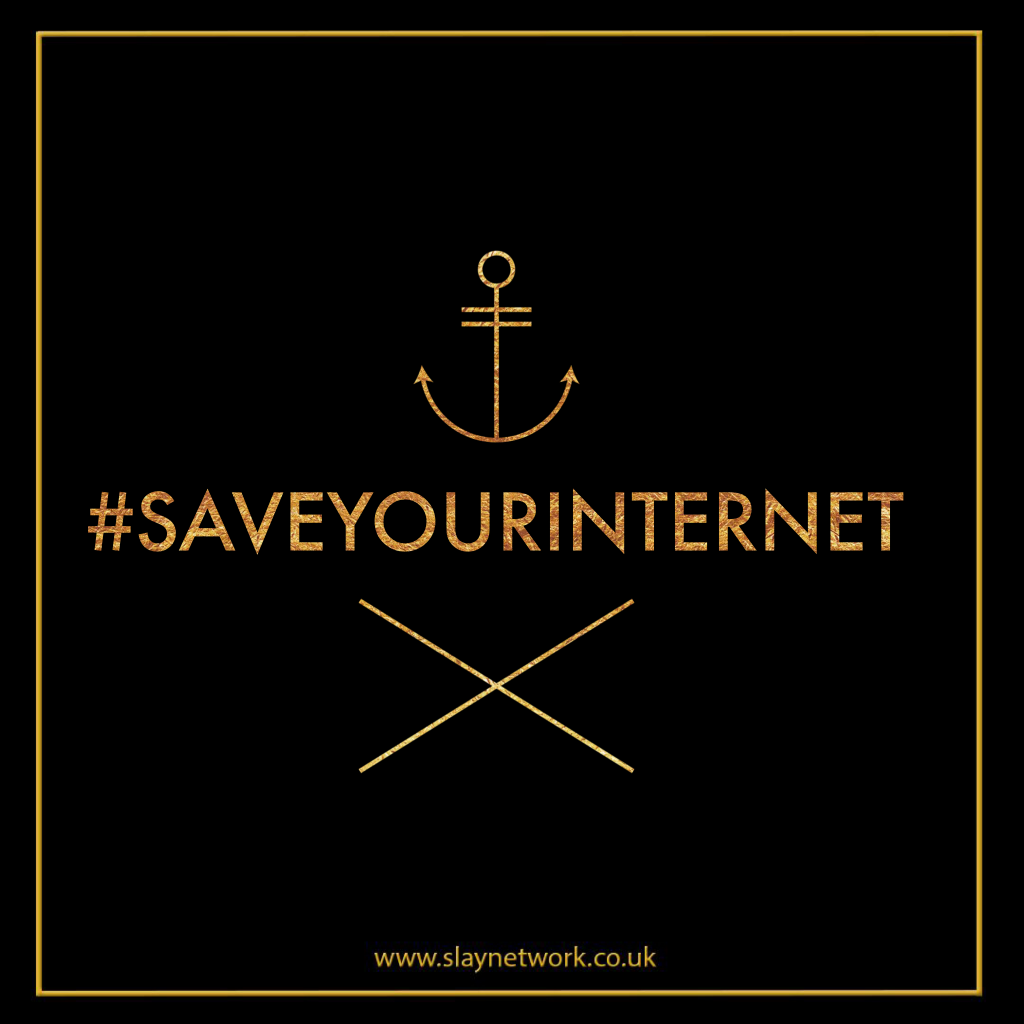
The European Parliament has voted in favour of a controversial new copyright directive that could force tech giants to do much more to stop the spread of copyrighted material on their platforms. The European Union Directive on Copyright in the Digital Single Market, to give it its full name, is designed to update existing copyright laws for the internet age.
Simply put, the Directive on Copyright places more responsibility on websites such as YouTube, Facebook and Twitter to make sure that copyrighted materially isn’t being illegaly shared on their platforms. Until now, the onus has mostly been on the copyright holders – usually the companies that produce audio, video or written content – to enforce copyright protection but under the new law this responsibility will shift onto the major platforms themselves.
At the heart of the Directive on Copyright are two divisive articles – Article 11 and Article 13 – that have been dubbed the “link tax” and “meme ban” articles respectively. Critics of the Directive on Copyright argue that these articles mean that platforms will have to pay a fee to share a link to a news article and have to start filtering and removing memes.
But the Directive on Copyright isn’t law yet. It still has to go through a series of steps before it becomes finalised as an EU directive and then it still has to be implemented in law by by member states. To help clear things up, here’s WIRED’s guide to the EU Directive on Copyright.
What is the Directive on Copyright?
The European Union Directive on Copyright in the Digital Single Market is a proposed European Union directive that is designed to limit how copyrighted content is shared on online platforms. EU directives are a form of legislation that set an objective for member states to achieve, so if the Directive on Copyright passess, all EU member states will be expected to eventually pass their own domestic legislation in line with the terms of the directive.
The Directive on Copyright is sometimes referred to as ‘Article 13’ after its most controversial component – the article that would require online platforms to filter or remove copyrighted material from their websites. It’s this article that people think could be interpreted as requiring platforms to ban memes, but more on that later.
The Directive on Copyright would make online platforms and aggregator sites liable for copyright infringements, and supposedly direct more revenue from tech giants towards artists and journalists. Under current legislation, platforms such as YouTube aren’t responsible for copyright violations, although they must remove that content when directed to do so by the rights holders. Proponents of the Directive on Copyright argue that this means that people are listening to, watching and reading copyrighted material without the creators being properly paid for it.
While the amended version of the Directive on Copyright is made up of 17 individual articles, the most substantial and controversial points are Article 13 and Article 11.
Article 13, the “meme ban”?
This is the part of the Directive on Copyright that has most people worried. This article states that “online content sharing service providers and right holders shall cooperate in good faith in order to ensure that unauthorised protected works or other subject matter are not available on their services.” You can read the full amended text of the entire Directive here.
So what does it mean? Boiled down, all this article is saying is that any websites that host large amounts of user-generated content (think YouTube, Twitter and Facebook) are responsible for taking down that content if it infringes on copyright.
But things aren’t quite that simple. No one can quite agree how these platforms are expected to identify and remove this content. An earlier version of the Directive referred to “proportionate content recognition technologies” which sounds an awful lot like it’s asking platform owners to use automate filters to scan every piece of upload content and stop anything that might violate copyright from being uploaded.
The latest amended version of the Directive removes this phrase and inserted an exception saying “special account shall be taken of fundamental rights, the use of exceptions and limitations as well as ensuring that the burden on SMEs remains appropriate and that automated blocking of content is avoided.”
The reason why this article has been dubbed the “meme ban” is that no one is sure whether memes, which are often based on copyrighted images, will fall foul of these laws. Proponents of the legislation argue that memes are protected as parodies and so aren’t required to be removed under this directive, but others argue that filters won’t be able to distinguish between memes and other copyrighted material so they’d end up being caught in the crossfire anyway.
Article 11, the “link tax”
The article intends to get news aggregator sites, such as Google News, to pay publishers for using snippets of their articles on their platforms. Press publications “may obtain fair and proportionate remuneration for the digital use of their press publications by information society service providers,” the Directive states.
No one is really sure how this one would work either. How much of an article has to be shared before a platform has to pay the publisher? The Directive states that platforms won’t have to pay if they’re sharing “mere hyperlinks which are accompanied by individual words,” but since most links are accompanied by more than a couple of words it seems that many platforms and news aggregators would fall foul of this rule.
The Directive does contain an exemption for “legitimate private and non-commercial use of press publications by individual users,” so it doesn’t look like individuals sharing links on social platforms will have to dip into their pockets. But even this is open to interpretation. Is someone with a huge following on social media, who posts adverts to that audience, a “private and non-commercial” entity?
What else is there?
Article 12a might stop anyone who isn’t the official organiser of a sports match from posting any videos or photos of that match. This could put a stop to viral sports GIFs and might even stop people who attended matches from posting photos to social media. But as with the articles above, all of this depends on how the directive is interpreted by member states when they make it into national law.
Who is for and against the Directive?
The Directive on Copyright has gained vocal critics on both sides of the debate, but you can broadly chunk up defenders and detractors into two categories.
In favour of the Directive are industry bodies representing content producers. These include the Society of Authors, and the UK-based Alliance for Intellectual Property and Proponents. In June 2018 84 European music and media organisations, including Universal Music Group and Waner Music Group publicly declared their support for the Directive. In the European Parliament the lead MEP presenting the directive to Parliament is Axel Voss, a German MEP and member of the European People’s Party.
The other side of the debate, critics of the Directive, are perhaps more vocal. They include the influential Silicon Valley lobbying group the CCIA, whose members include Google, Facebook, eBay, Amazon and Netflix. On June 12 a large group of internet grandeesincluding Wikipedia founder Jimmy Wales and Tim Berners-Lee signed an open letter arguing against the Directive. It’s worth noting that despite the Directive including an exception that explicitly excludes Wikipedia and GitHub from these rules, both companies have maintained their opposition to the Directive.
On October 22, YouTube CEO Susan Wojcicki published a blogpost warning against the impact of the Directive. “Article 13 as written threatens to shut down the ability of millions of people – from creators like you to everyday users – to upload content to platforms like YouTube,” she wrote. “And, if implemented as proposed, Article 13 threatens hundreds of thousands of jobs, European creators, businesses, artists and everyone they employ,” she continued, before directing readers to the take the argument to social media with the hashtag “#SaveYourInternet”.
Since then, Wojcicki has been writing again. In a second blog post on November 12 she said there were “unintended consequences” of Article 13. “The parliament’s approach is unrealistic in many cases because copyright owners often disagree over who owns what rights,” she wrote. “If the owners cannot agree, it is impossible to expect the open platforms that host this content to make the correct rights decisions.”
Leading the opposition to the Directive on Copyright within the European Parliament is Julia Reda, an MEP and member of the Pirate Party Germany. “Lawmakers looked at copyright primarily through one very particular lens: that of big media companies, with their waning control over distribution channels,” she argued in an editorial in the wake of the vote. “The greatest public space we’ve ever invented mustn’t become a casualty of attempts to use copyright law to solve problems not caused by it in the first place. Our freedom of expression online is too precious to be wasted as ammo in a corporate battle.”
What’s next?
After passing in the European Parliament, the Directive will now enter informal negotiations between the European Commission, Council and Parliament. The three organisation will decide on the final wording of the legislation before presenting it to the EU Legal Affairs Committee at some point, mostly likely around December.
In January 2019, the Directive will go back to the European Parliament for a vote on the final wording. This is just ahead of elections to the European Parliament, so MEPs may well start paying attention to vocal constituents as they start to consider the prospect of their re-election.
Assuming the Directive passes, member states of the EU then have two years to pass laws that will bring their laws in line with the new regulations. EU directives aren’t laws in themselves, but simply compel national governments to pass their own laws that make the directives a reality, so it still very much remains to be seen how any of the articles in the Directive will actually be implemented when it comes to the real world.
Click here to become a Slaylebrity Curator
By the Wired UK

